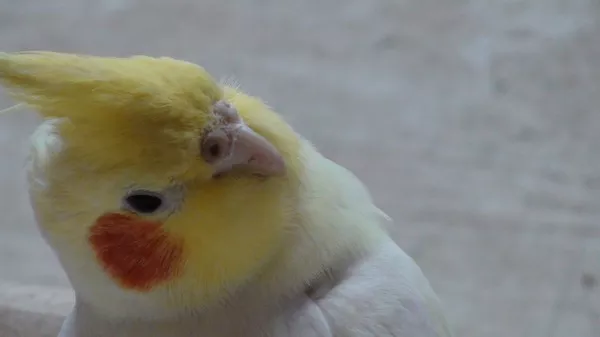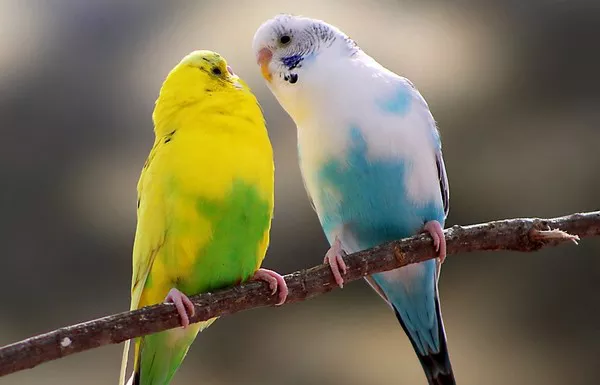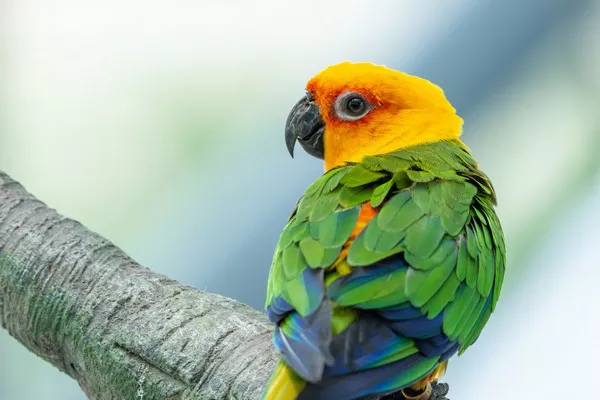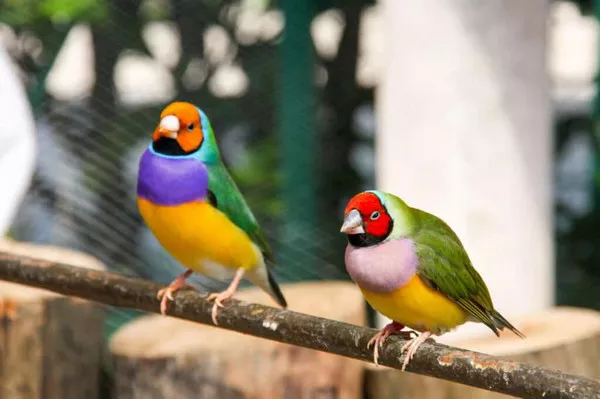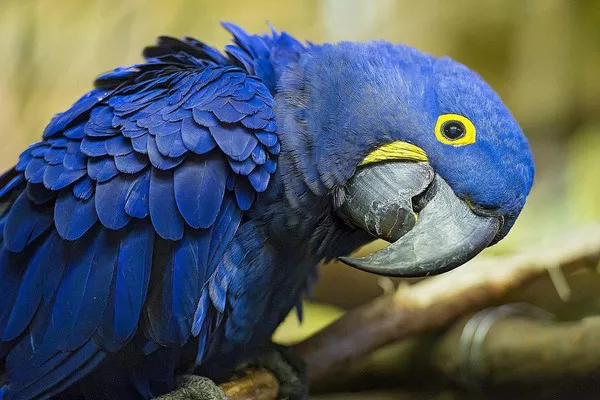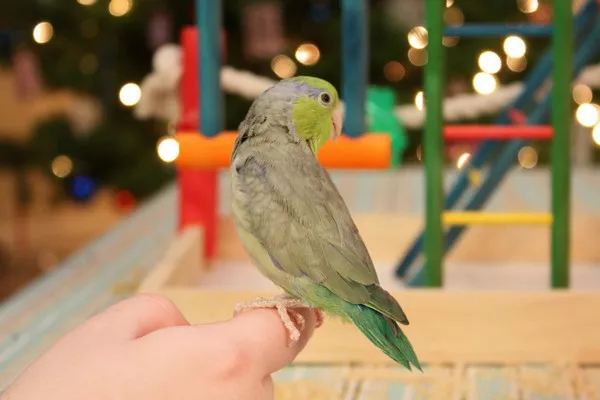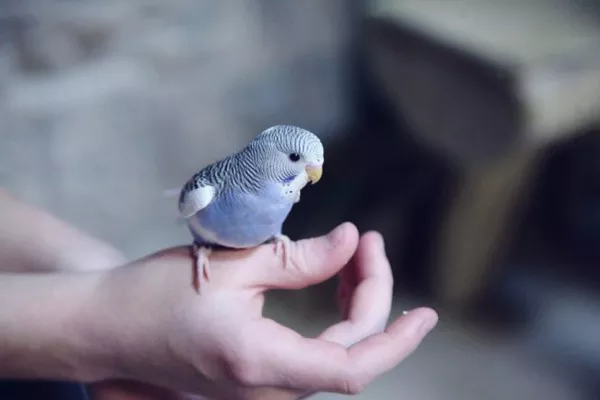When you think of exotic pets, what comes to mind? Maybe a sleek snake, a fancy ferret, or perhaps a parakeet that can sing the latest pop hits. But there’s one bird that truly shines in the avian world—the sun conure. With their vibrant colors and playful personalities, these feathered friends have captured the hearts of many pet owners. But how rare are they? Let’s dive into the sun conure’s world and uncover the truth about their availability, habitat, and, of course, their irresistible charm.
What Exactly is a Sun Conure?
Sun conures, or Aratinga solstitialis, are small parrots known for their brilliant yellow, orange, and green plumage. They have a unique look, with a rounded head, bright beak, and a playful disposition that can turn any gloomy day into a sunny one. These birds typically measure about 12 inches in length and weigh around 4 to 6 ounces.
In the wild, you can find them in the northeastern part of South America, particularly in countries like Brazil, Guyana, and Suriname. They thrive in tropical and subtropical forests, often residing in areas where there are plenty of trees to hide in and fruits to munch on. Now, the question arises: how rare are these colorful little creatures?
The Natural Habitat of the Sun Conure
To understand the rarity of sun conures, we first need to look at their natural habitat. Sun conures are predominantly found in the wild, living in flocks of 20 or more. They enjoy the warm, humid climate of South America, where they feast on fruits, seeds, and nuts. Unfortunately, their beautiful habitats are under threat due to deforestation and human encroachment.
While their populations in the wild have faced challenges, it’s essential to note that these birds are not classified as endangered. However, they are protected under the Convention on International Trade in Endangered Species (CITES). This means that capturing and selling them in the wild is illegal, which adds a layer of protection to their populations.
Sun Conures in Captivity
Now, let’s talk about sun conures in captivity. They are quite popular among pet owners and breeders. This popularity has led to a vibrant pet industry, with many individuals seeking to add a sun conure to their family. But what does that mean for their rarity?
In the pet trade, sun conures are relatively common compared to other exotic birds. You can find them in various pet stores, bird shows, and through reputable breeders. However, their striking colors and charming personalities often come with a hefty price tag. Expect to pay anywhere from $200 to $600 for a sun conure, depending on the breeder and the bird’s lineage.
The Breeding Factor
Breeding plays a significant role in determining the availability of sun conures. Responsible breeders prioritize the health and well-being of their birds. They take great care to ensure that the parents are healthy and that the babies are raised in a nurturing environment. This not only helps to maintain the bird’s population but also enhances their temperament.
Many breeders offer various color mutations, such as the sun conure’s “pineapple” and “white-faced” variants. These mutations are not rare, but they are quite popular, which means you may have to search a bit harder to find them. Overall, while sun conures are relatively common in captivity, specific color variations may be less so.
The Charm of Sun Conures
What makes sun conures so beloved? It’s hard to pinpoint just one thing. For starters, they are incredibly social birds. They thrive on interaction and are known for their playful antics. If you’ve ever seen a sun conure playing with a toy or chasing after a ball, you know exactly what we’re talking about. Their energy is contagious!
Sun conures are also known for their vocalizations. They can be quite chatty, making a range of sounds from whistles to squawks. While this can be endearing, it’s essential to remember that they are loud birds. If you’re considering adding a sun conure to your family, be prepared for some noise.
See Also: What Is the Sun Conure Known For?
Caring for Your Sun Conure
If you’re thinking about getting a sun conure, it’s crucial to understand their care requirements. These birds need a spacious cage, plenty of toys, and a diet rich in fruits and vegetables. They are prone to obesity, so it’s essential to monitor their food intake and ensure they get plenty of exercise.
Socialization is vital for sun conures. They require daily interaction with their owners, whether through playtime outside their cage or simple conversations. If left alone for long periods, they can become bored and may develop undesirable behaviors, such as feather plucking.
The Social Dynamics of Sun Conures
Sun conures are known for their social nature, which means they don’t just want to be seen; they want to be part of the family. In the wild, they live in large flocks, and this social structure plays a vital role in their behavior. When you bring a sun conure into your home, you essentially become their flock.
They thrive on attention and affection. If you neglect their social needs, you might end up with a grumpy bird who expresses their displeasure by making noise or even becoming aggressive. So, if you’re not ready for a bird that demands your attention, you might want to reconsider.
The Importance of Environmental Enrichment
Given their playful and social nature, environmental enrichment is essential for sun conures. Providing them with a variety of toys and activities can keep them mentally stimulated and happy. Think swings, ladders, and even foraging toys that encourage them to search for treats.
Changing up their environment periodically can also help keep things fresh and exciting. Just like humans, sun conures can get bored with the same old scenery. Rotating toys, rearranging their cage, or allowing them to explore new safe spaces in your home can make a significant difference in their happiness.
Health Considerations for Sun Conures
Like all pets, sun conures require regular veterinary care to ensure they remain healthy. Regular check-ups can help catch any potential issues early. Be on the lookout for signs of illness, such as changes in appetite, lethargy, or abnormal droppings.
Sun conures are prone to certain health issues, including feather plucking, obesity, and respiratory problems. A balanced diet and a clean environment are crucial for their well-being. Always consult with an avian veterinarian if you notice any changes in your bird’s behavior or health.
Conclusion
So, are sun conures rare? The short answer is no, at least not in captivity. They are relatively common in the pet trade, and responsible breeders continue to produce them. However, their numbers in the wild are affected by habitat loss and illegal trapping, making their wild populations less stable.
If you’re considering adding a sun conure to your family, you can expect to find them with some effort. Just remember that they come with a commitment to care, attention, and, of course, the joy they bring. With their vibrant colors and lively personalities, sun conures can make delightful companions that brighten any home.
In conclusion, while sun conures may not be rare in captivity, their wild counterparts face challenges. Whether you’re a seasoned bird owner or a first-time pet parent, understanding their needs and characteristics will help you create a happy, healthy environment for your feathered friend. So, if you’re ready to embrace the delightful chaos that is a sun conure, prepare for a burst of color and personality that will truly light up your life!
Related Topics:


